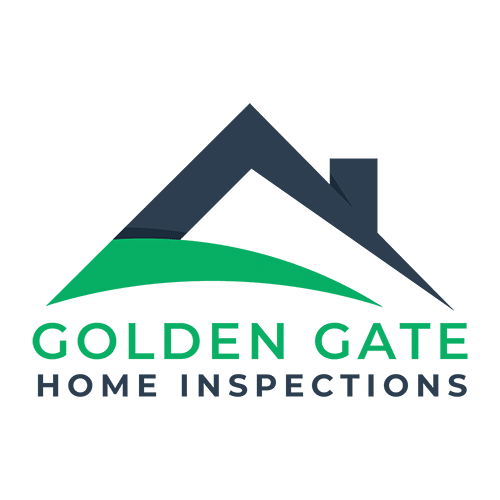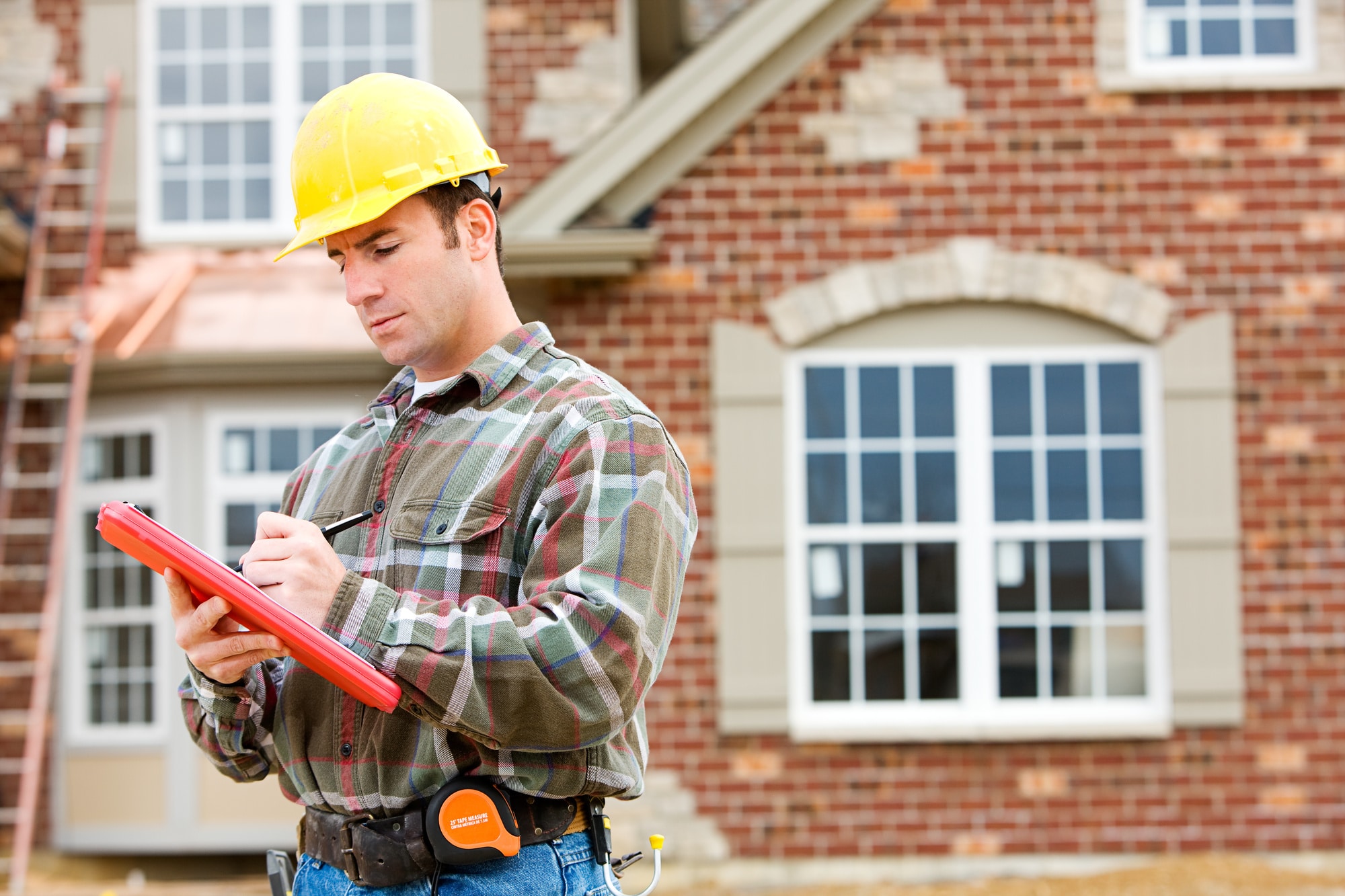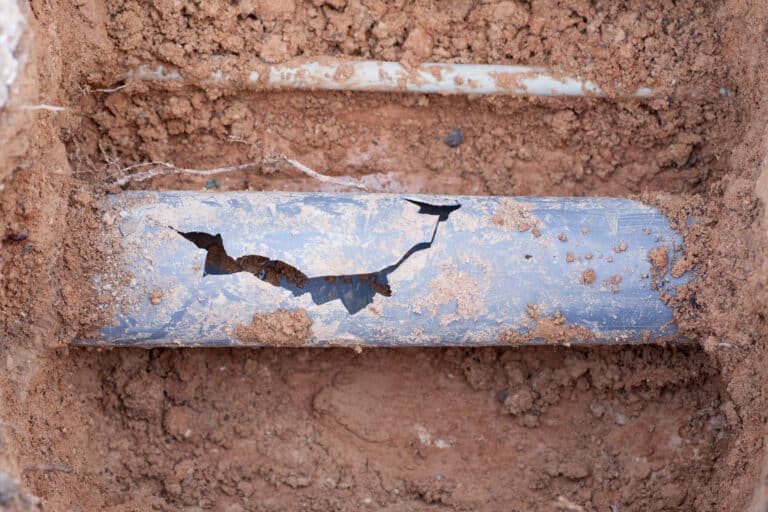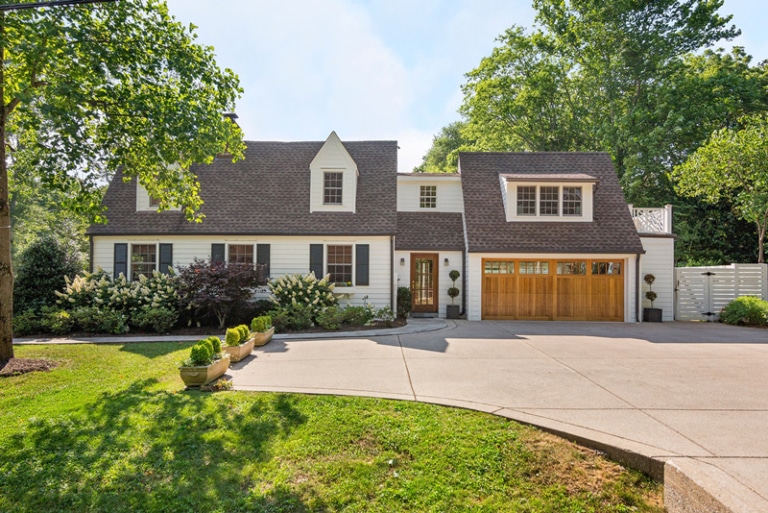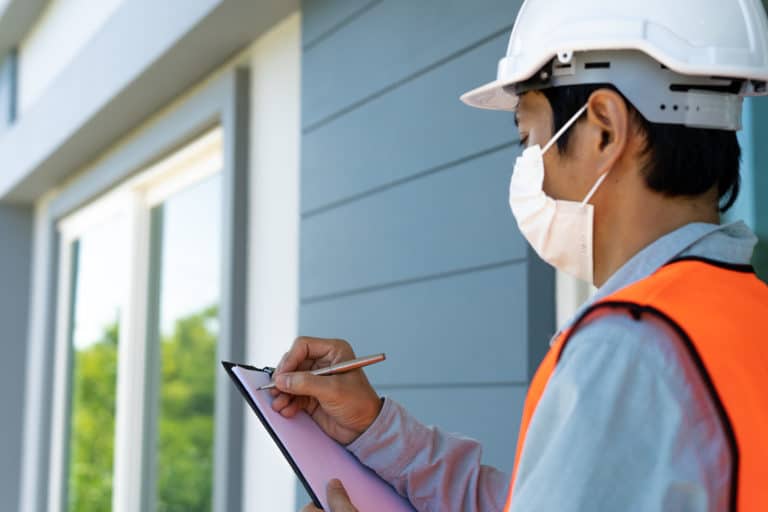7 Home Inspection Mistakes to Avoid
7 Home Inspection Mistakes to Avoid in San Francisco
Those living in San Francisco can get an easy home inspection if they know about certain obstacles. Avoid these home inspection mistakes for your first house.
Buying a home is something that most Americans strive toward. In fact, it’s also one of the best ways to dramatically increase your net worth.
It’s not recommended that you purchase a home without first having it inspected by a professional. This will help you find any outstanding issues that need addressing before the transaction is complete.
Not everybody knows how to go about it, however. Not sure where to start? Don’t worry, we’ve got you covered.
Let’s take a look at everything you need to know about the home inspection mistakes that you need to avoid.
1. Only Considering Cheap Options
As with most things in life, you get what you pay for when it comes to home inspections. While this isn’t to say that you need to overspend while holding an inspection, it’s essential to understand that searching for the cheapest inspector possible may lead to complications down the road.
You can protect yourself from lackluster service by researching your potential inspector before hiring one. Check their credentials, any claims about the equipment they use, etc.
An inspector who is reasonably priced isn’t necessarily a poor decision. As long as most of their clients have had a positive experience with them in the past, they are likely a reliable choice.
2. Not Attending The Inspection
It may seem strange to attend the inspection with a professional you hire but it’s the only way that you’ll have the necessary insight into their results.
While most inspectors will create a detailed report that includes photos of the property, there still may be questions that you need to be answered.
Since most inspections last for at least a few hours, it’s understandable if you can’t attend for the entire duration. If you’re able to, though, at least be present towards the end of the inspection so that you can go over any findings with your professional.
3. Focusing on The Wrong Information
It’s virtually impossible for a home to have no flaws at all. Issues like cracked walls, damaged amenities, etc. are all fairly common.
Not all issues have the same magnitude. Problems with wiring or an HVAC system are far more important to consider then minor cosmetic issues.
In fact, there are plenty of repairs that you’re able to make on your own after buying a few supplies from the hardware store. Having a long list of defects with the home isn’t always as bad as it may seem at first.
4. Impeding The Inspection
As previously mentioned, it’s often a good idea to attend the inspection. What this doesn’t mean, however, is getting overly involved to the point where it’s difficult for the inspector to do their job correctly.
A common scenario is following the inspector around and making them uncomfortable while they perform necessary tests. Other scenarios include using household appliances while electricity or water is being tested, which can alter the results.
On other occasions, inspectors find themselves having to constantly answer questions from the person who hired them.
Although it’s important to be involved, give them the breathing room they need in order to ensure that the inspection can be completed properly.
5. Not Anticipating Flaws
As previously mentioned, you’re more or less guaranteed to receive a list of defects and flaws that your property has. It’s important that you’re mentally prepared for this.
Those who expected a report without any blemishes will likely be in for a surprise. In fact, it’s not uncommon for an average inspection to uncover over 50 areas that need attention.
Before you let your emotions get the best of you, take a moment to peruse the list and check off anything that you’re able to fix on your own. Then, focus on the issues that need the most attention, such as problems with the home’s electrical system.
6. Not Reinspecting After Repairs
One of the biggest mistakes you can make is not having your home reinspected after any necessary repairs are made.
Unfortunately, it’s not uncommon for people to try and complete a repair on their own while having no knowledge of how to do so. Similarly, they may hire an inexperienced contractor for the job.
This can easily result in wasting time and money since improper repairs still won’t meet the standards that the home inspector is looking for.
To ensure everything has been taken care of properly, have the home inspected one last time even if it comes at an additional cost.
7. Not Scheduling an Inspection
Some buyers forego in inspection entirely in order to save a bit of extra time or cash. This is often seen when purchasing new constructions, as it may seem that a home that was just built couldn’t possibly have any issues.
By deciding not to get a home inspection, you’re essentially rolling the dice on the quality of the home. It’s not just the state of the home’s physical structure, either.
There are plenty of other factors to consider, such as pools, the presence of lead or radon, etc.
Understand the consequences of this option before you take it. In most cases, it’s not the ideal one for you.
Handling These Home Inspection Mistakes Can Seem Difficult
It doesn’t have to be.
With the above information about navigating common home inspection mistakes in mind, you’ll be well on your way toward ensuring the process goes as smoothly as possible.
Want to learn more about how we can help? Feel free to get in touch with us today to see what we can do.

